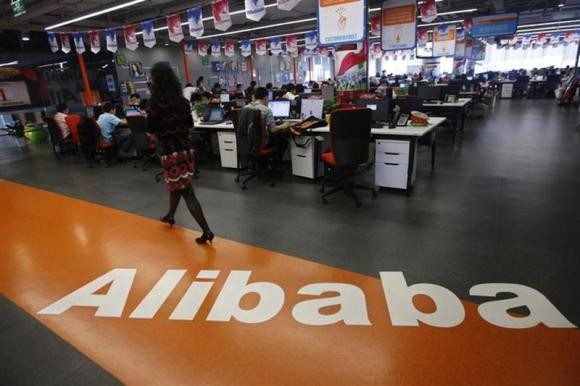With the anticipated Singles Day sales rush on Nov. 11, 250,000 workers will be employed by courier companies across China, Shanghai Daily said.
According to industry watchers, courier companies in China should expect increase not only in delivery workers but also in warehouse space by 1.85 million square meters. The increased demand also requires additional 12,000 trucks.
To manage the increased demand on Singles Day, Shanghai Yunda Express Co. employee Guo Pengcheng said that the delivery firm added 50,000 square meters of storage space and 1,000 trucks and has already employed 10,000 temporary workers.
"The online shopping spree is always a big challenge for us," Guo said, adding, "Yunda is well prepared to serve buyers and sellers in America, South Korea, Japan and elsewhere."
After its inception in Chinese university campuses in the 1990s, the idea of Singles Day was commercialized by China's top e-commerce firm, Alibaba, in 2009 along with other online retailers that helped make it a shopping bonanza every year since.
With Alibaba's aim to introduce Singles Day to the world, around 27,000 online stores on Taobao and Tmall will participate in the annual sales bonanza.
Taobao and Tmall, two platforms under Alibaba, are expecting more than 250 million parcels of orders on Singles Day. According to smart logistics platform Cainiao Network Technology, this volume will mean a 60-percent increase in parcels over last year.
A 66-percent increase in the number of packages delivered, which is around 251 million, is expected on the peak period from Nov. 11 to 20, the China Express Association said.
While it is not an official holiday, Singles Day gives young people time to party, exchange gifts, eat or just treat themselves to something special every as celebration of their single status. As the so-called "bare sticks," the date 11-11 is said to symbolize solitary individuals.
Online retailers also make adjustments every Singles Day. On Nov. 11, 2013, local websites managed transactions worth over 35 billion yuan (US$5.7 billion).



























